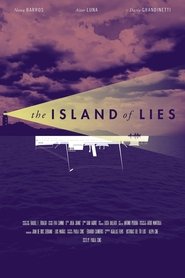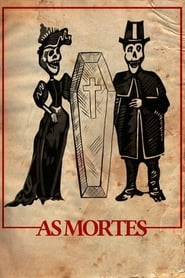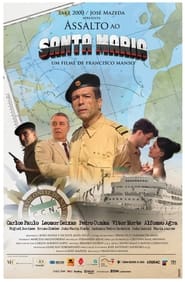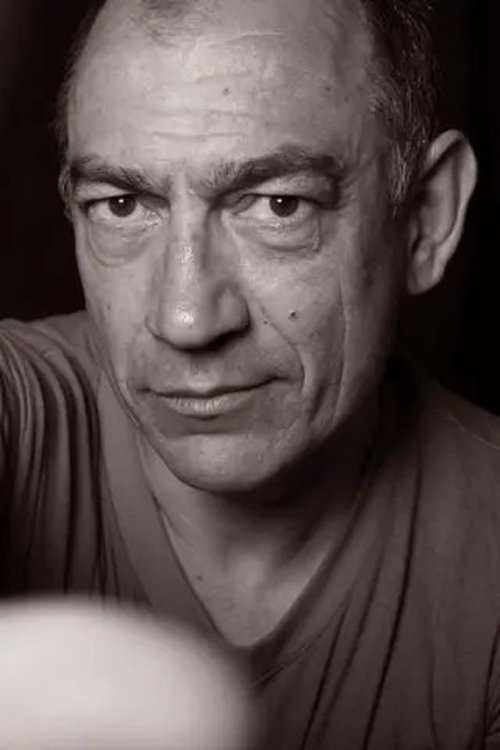detail profile miguel borines
Peran Yang Di Mainkan Miguel Borines
 Galicia northern Spain January 2 1921 The steamship...
Galicia northern Spain January 2 1921 The steamship...The Island of Lies 2020
Galicia, northern Spain, January 2, 1921. The steamship Santa Isabel, sailing towards Argentina with more than two hundred emigrants on board, sinks off the coast of Sálvora Island. Three island women, María, Josefa and Cipriana, who have bravely set sail aboard a fragile skiff to save the shipwrecked, are treated as heroes by the cynical authorities; but León, an inquisitive and tenacious Argentinean journalist, starts asking uncomfortable questions.
 A murder in a remote Galician...
A murder in a remote Galician...As mortes 2019
A murder in a remote Galician village brings to light the lowest instincts of its inhabitants.
 In Brtema on the Atlantic coast...
In Brtema on the Atlantic coast...Todo es silencio 2012
In Brétema, on the Atlantic coast, there was a time when networks of smuggling, drug trafficking converted, achieved so much influence that they were close to control everything: social power, institutions, the lives of its people. Fins, Leda and Frink explore the coast in search of what the sea throws after a wreck, the sea is for them a place of continual discovery. The fate of these young people will be marked by the shadow odious and fascinating at the same time the ubiquitous Marshall, owner of almost everything in Brétema.
 This is the story of Aristides...
This is the story of Aristides...O Cônsul de Bordéus 2012
This is the story of Aristides de Sousa Mendes, a man of conviction who saved 30,000 lives during WWII, in June 1940. Among them were10,000 Jews. As the Portuguese General Consul stationed in Bordeaux, France, he issued 30,000 visas for safe passage to Portugal. He defied the direct orders of his government and exhibited courage, moral rectitude, unselfishness, and self-sacrifice by issuing visas to all refugees regardless of nationality, race, religion or political opinions.This narrative film expresses his heroic actions towards humanity, which will perpetuate his legacy of justice for a new generation. In 1966, Yad Vashem named him Righteous Among the Nations. He is considered to have achieved the largest single rescue operation of World War II.
 On January 22 1961 a group of Portuguese...
On January 22 1961 a group of Portuguese...Assault on the Santa Maria 2010
On January 22, 1961, a group of Portuguese and Spanish opposition movement members seized control of the Santa Maria, a Portuguese luxury cruise liner, an operation devised by Henrique Galvão to expose the Government of Portugal as a dictatorship.

